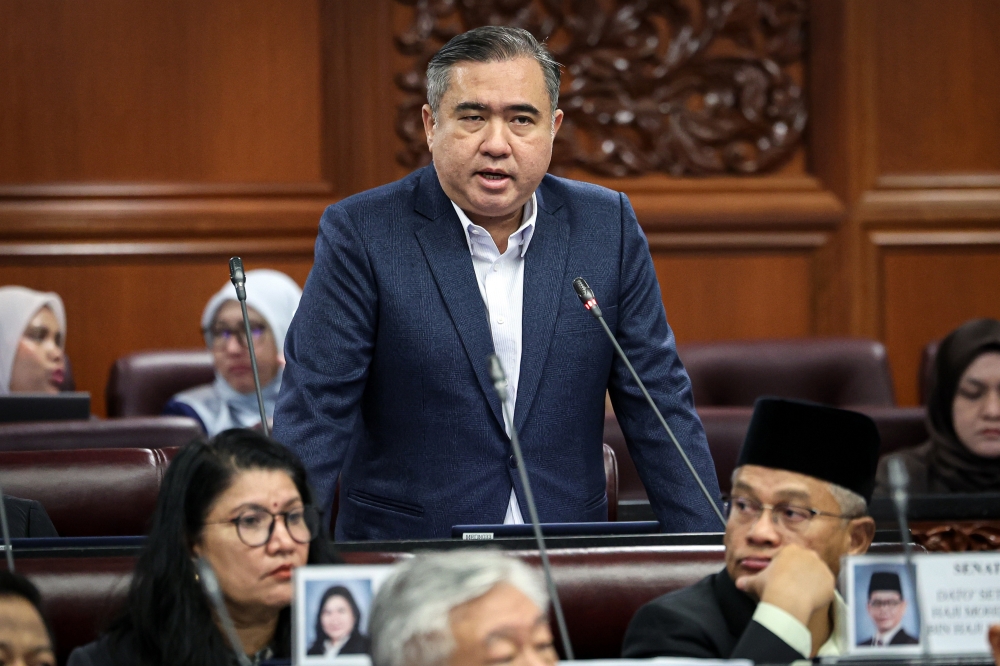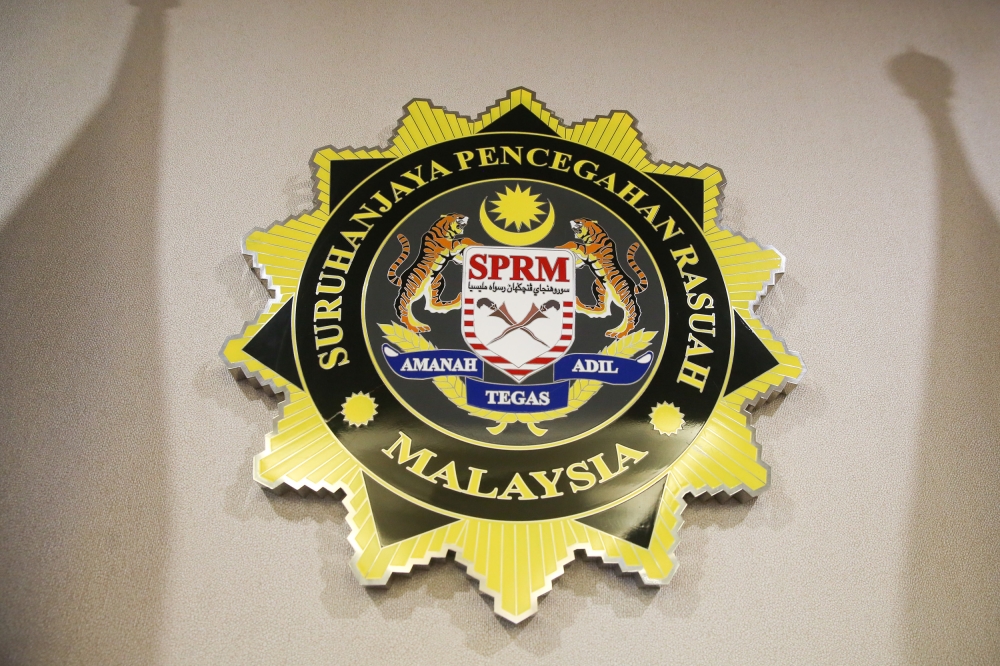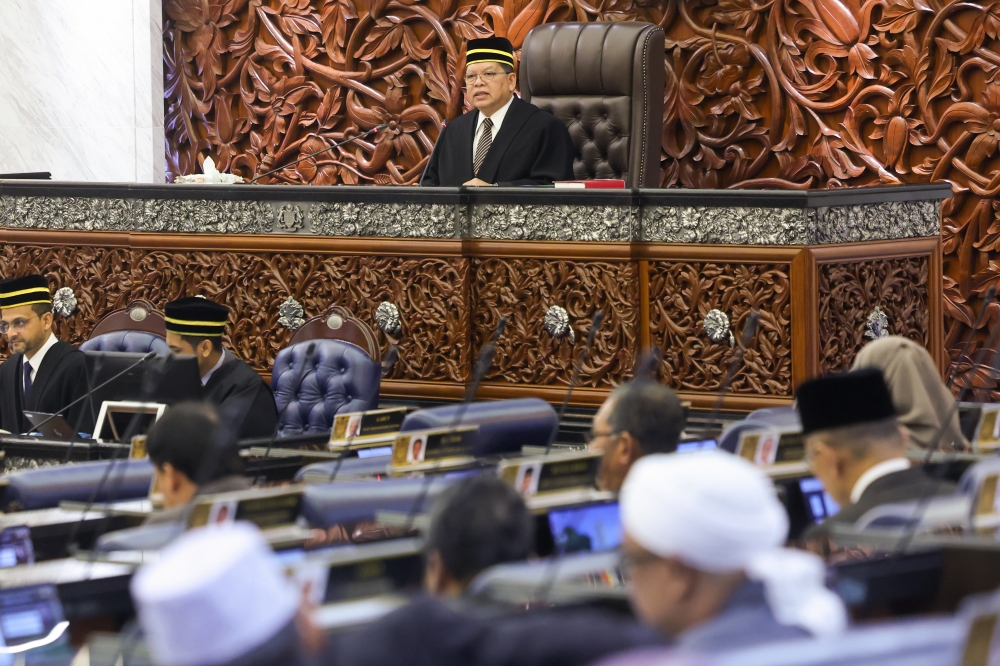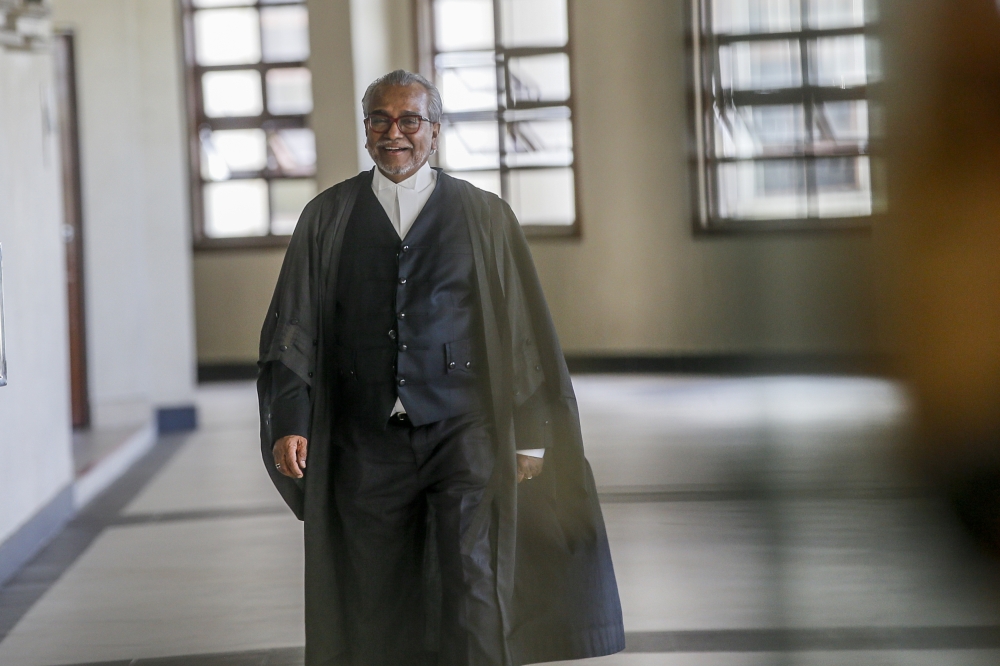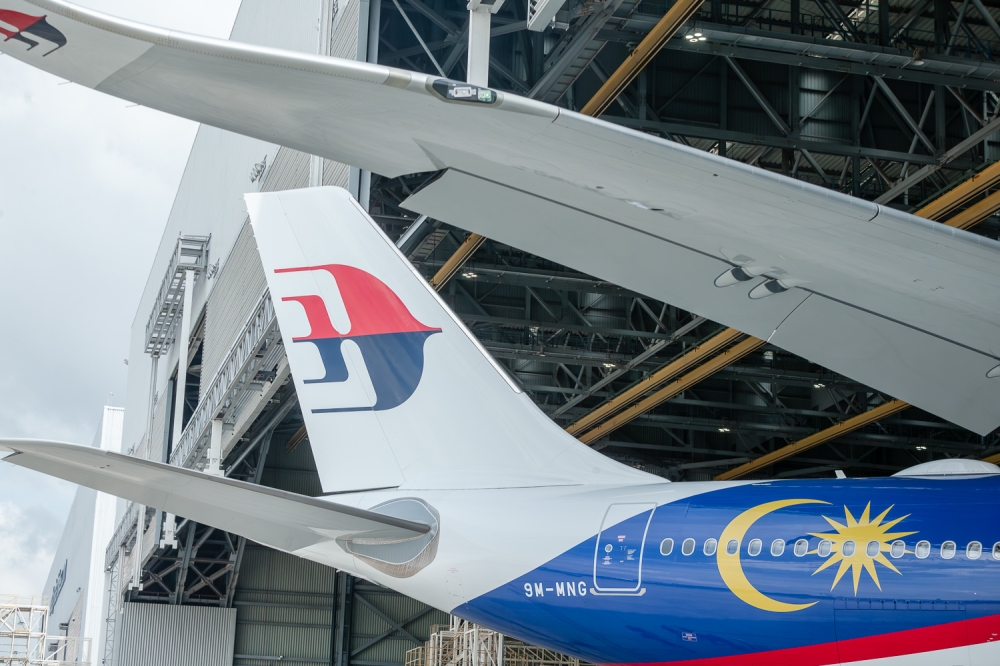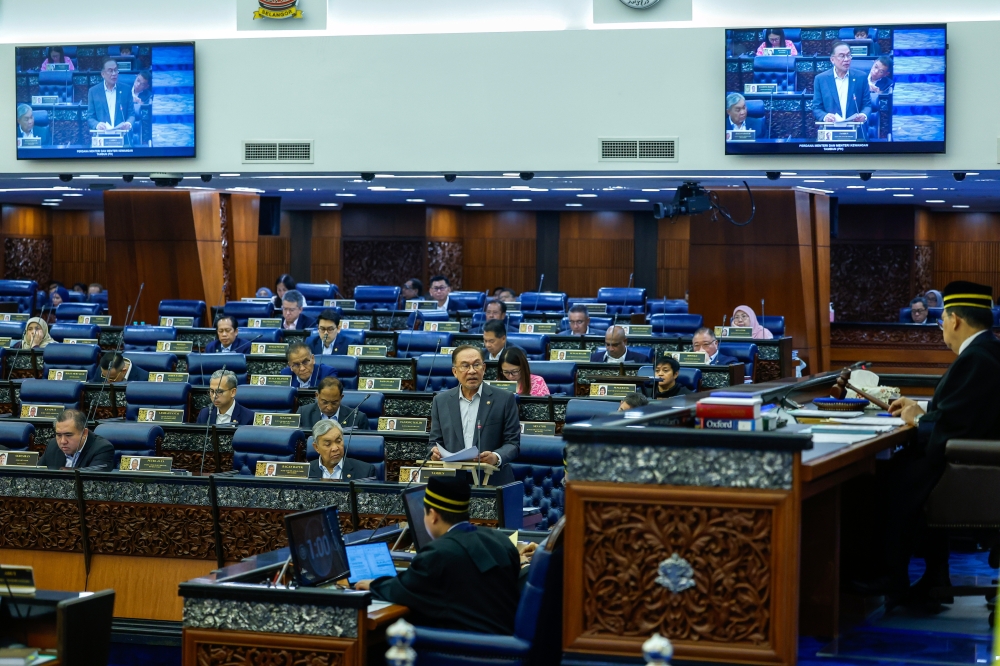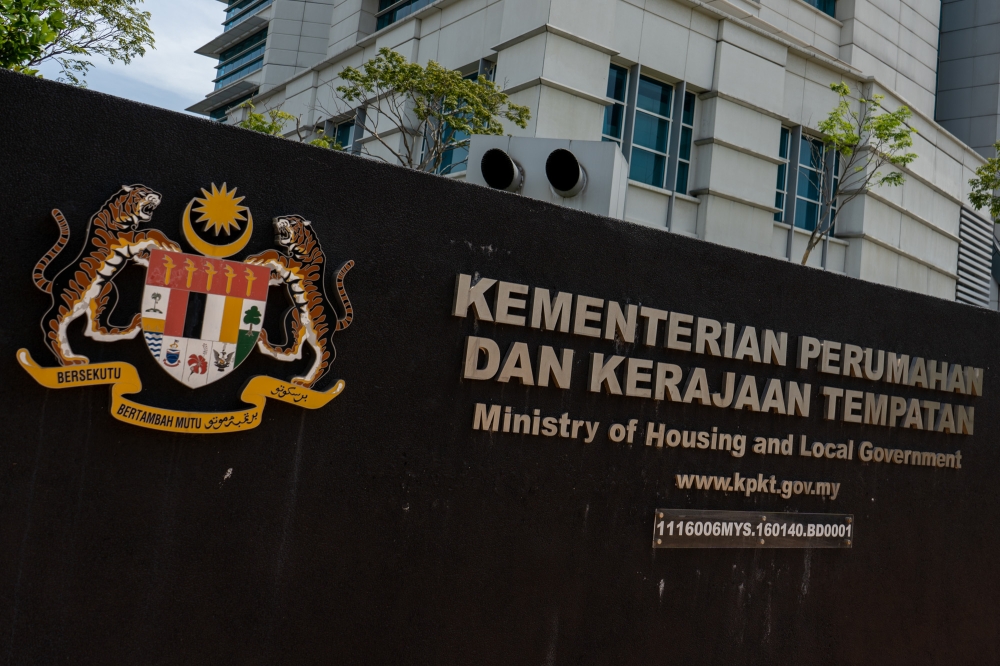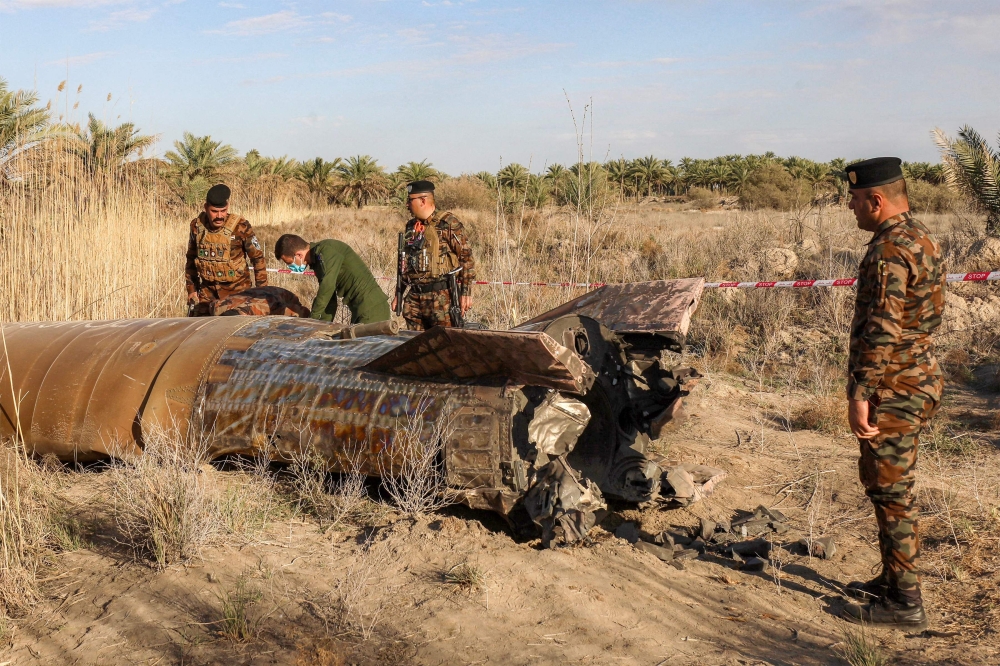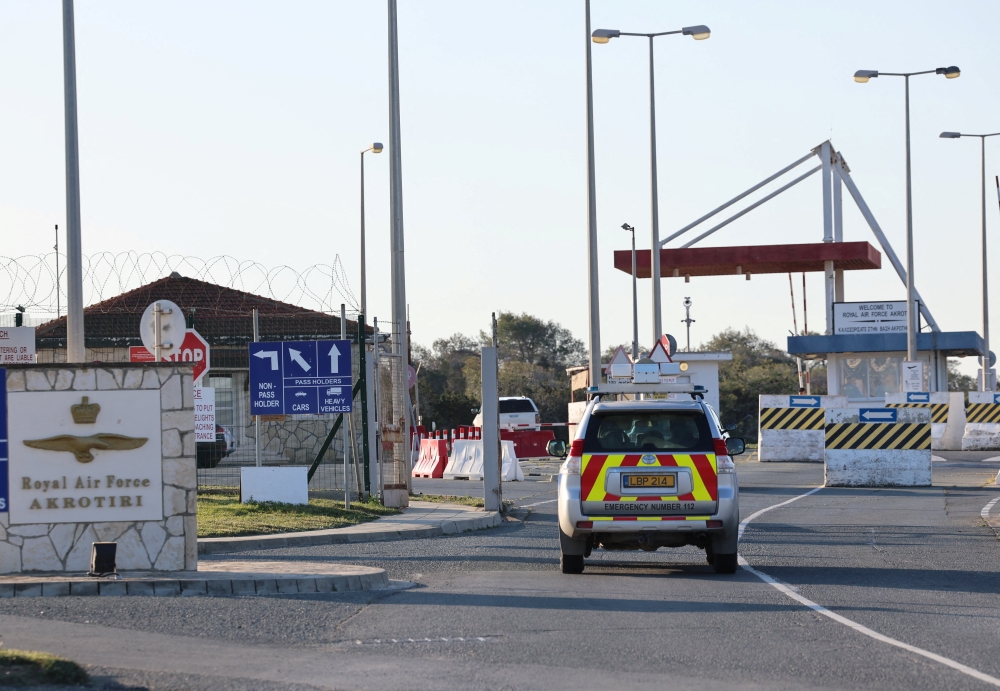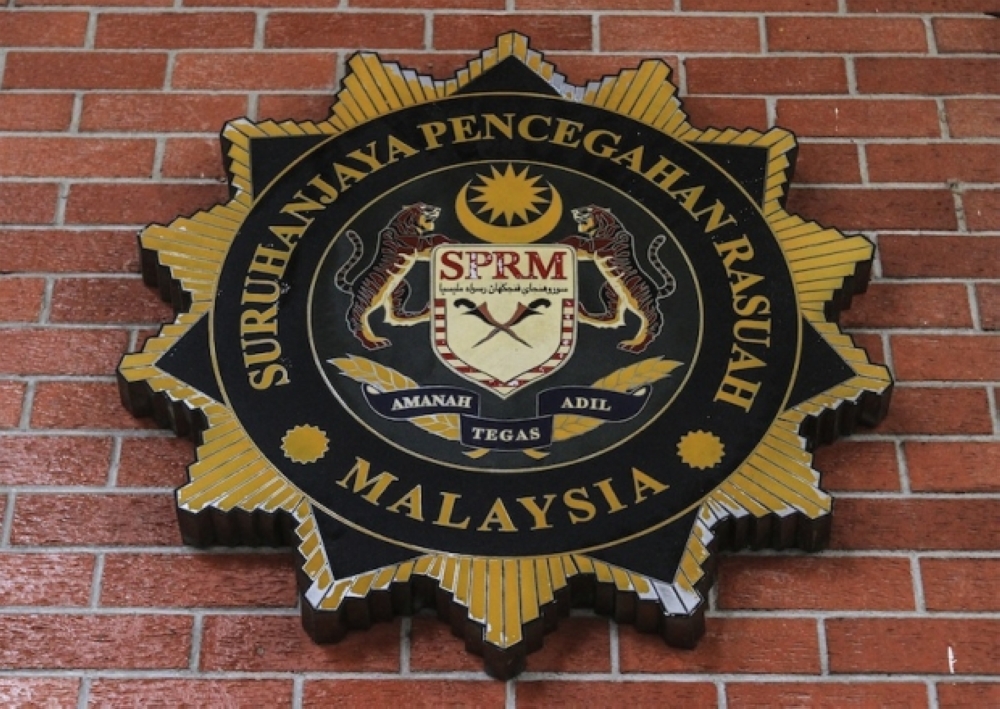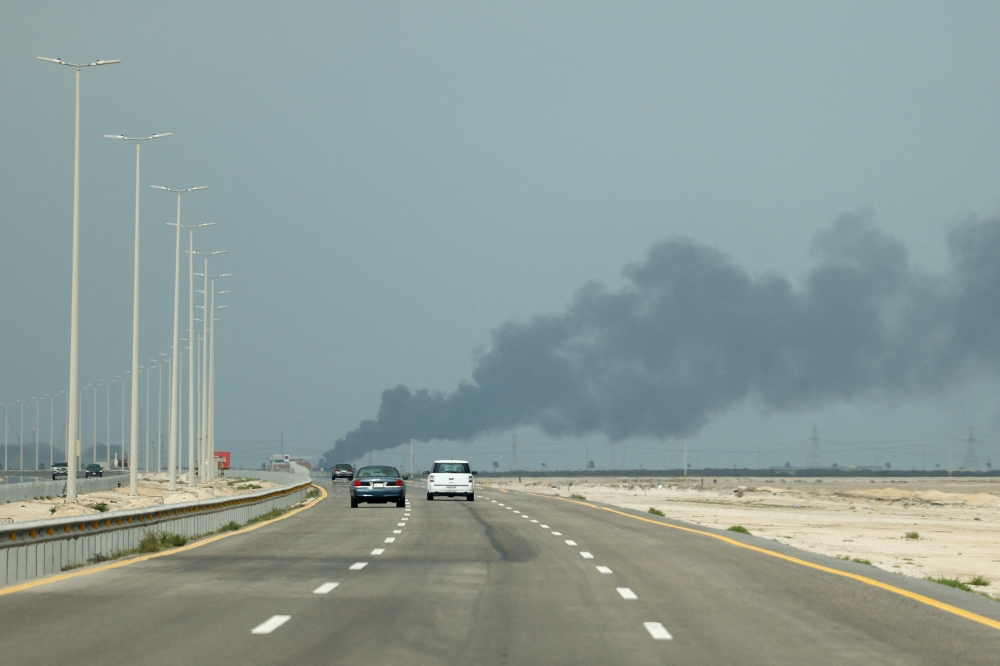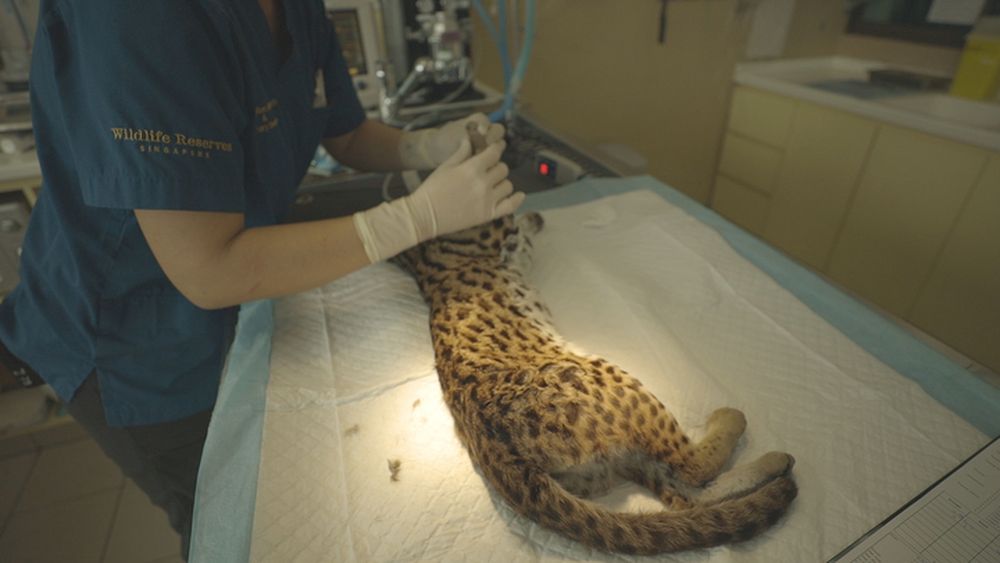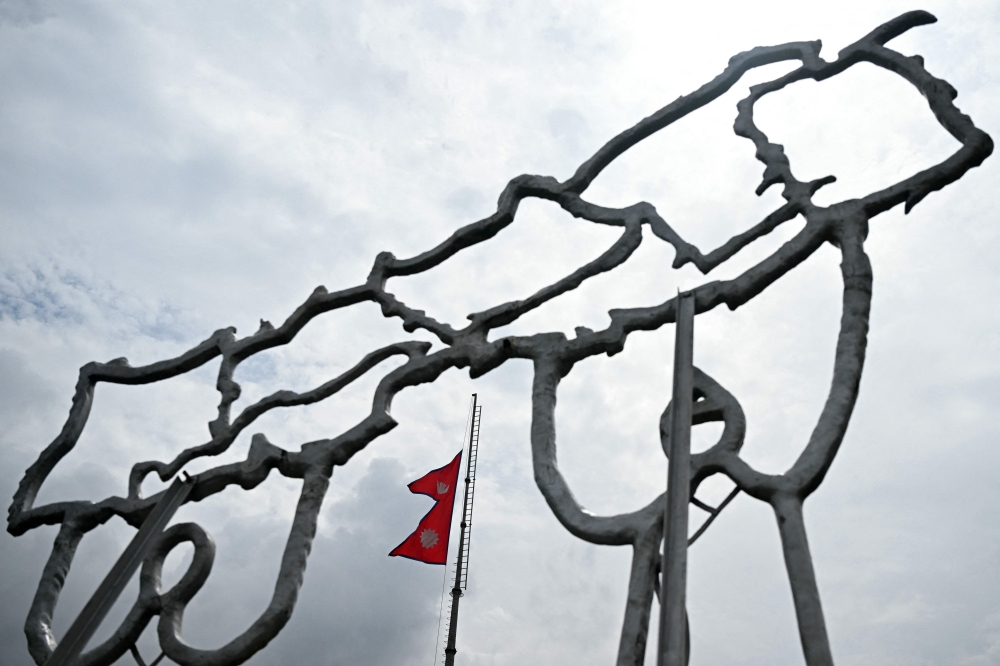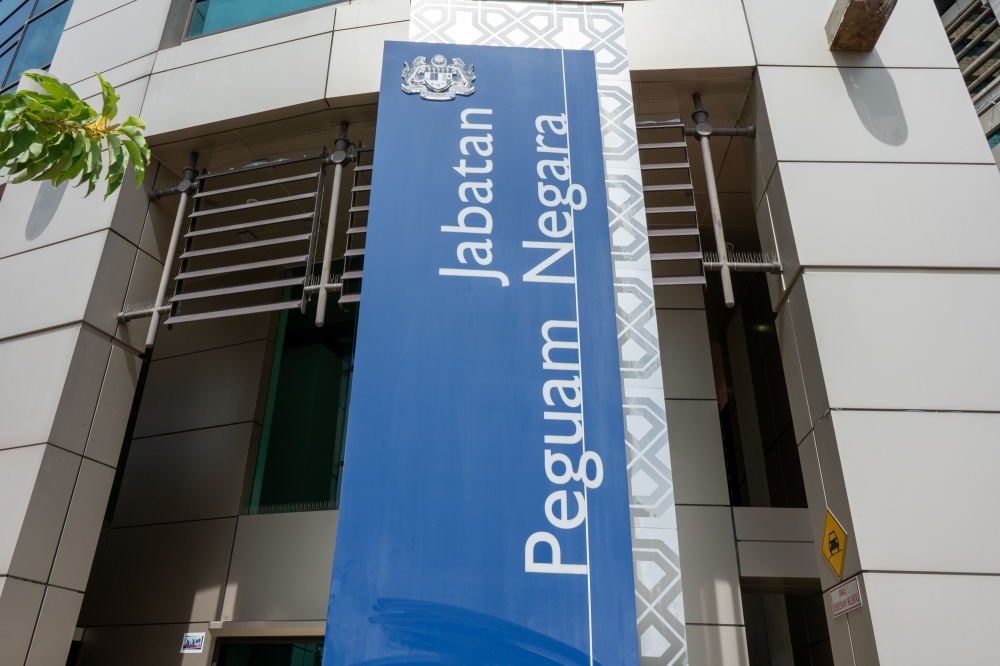SINGAPORE, Feb 8 — The authorities have rescued two Asian leopard cats from a public housing flat in Singapore and sent them to Malaysia, where they will be released into the wild.
In a joint statement yesterday, the National Parks Board (NParks) and two other bodies involved in the operation said the repatriation project represented a “victory against poachers and the illegal wildlife trade”.
The Asian leopard cat is critically endangered, and is Singapore’s last remaining wild cat.
The animal crime investigation unit of the Animal Concerns Research and Education Society (Acres) got a tip-off in July last year that two Asian leopard cats, a male and a female, were being illegally kept at a Housing and Development Board (HDB) unit, the statement said.
Following verification of the information, the Agri-Food and Veterinary Authority (AVA) conducted an investigation. The AVA’s animal-related functions have since been taken over by NParks.
Their probe found that although the species was native to Singapore, the animals found in the flat were from a non-native population that could have been illegally imported. The owner was fined S$500 under the Endangered Species (Import and Export) Act.
The animals were removed from the flat and sent to Wildlife Reserves Singapore’s Wildlife Healthcare and Research Centre (WHRC) at the Singapore Zoo. A veterinary team there conducted a full quarantine check on both leopard cats which included a health assessment, vaccinations and other checks, said the statement from NParks, WRS and Acres.
For the seven months the animals were with WRS, they received natural foods in preparation for their release. The WRS also took steps to ensure the animals were ready both physically and mentally to survive in the wild.
Genetic testing revealed their lineage originated from Malaysia which led to the decision of releasing them back into the wild in Malaysia for the conservation of the species, the statement said.
Dr Sonja Luz, director, conservation, research and veterinary services at WRS, said she was pleased the cats are able to return to the wild.
“By taking wildlife away from their natural environment, it not only causes harm to the animal but also poses irrefutable risk of extinction to the wild population,” she said.
Both leopard cats were microchipped by WRS and handed over to the Department of Wildlife and National Parks in Malaysia (Perhilitan), before being taken to the National Wildlife Centre in Perak.
There, they will undergo further rehabilitation before being released in an undisclosed forest location. The pair will also be monitored by Perhilitan to ensure the animals are coping well in the forest. — TODAY


